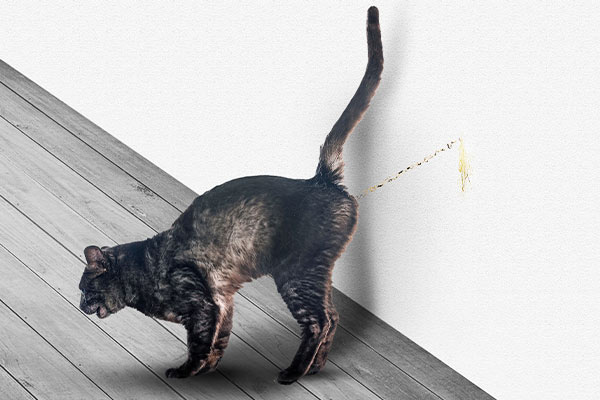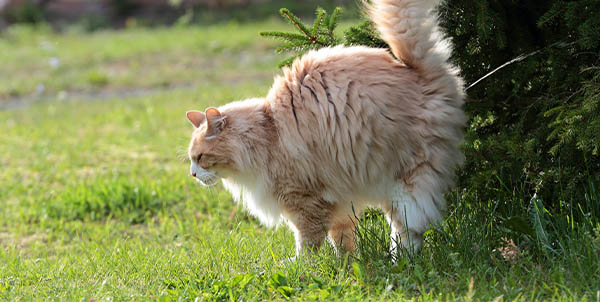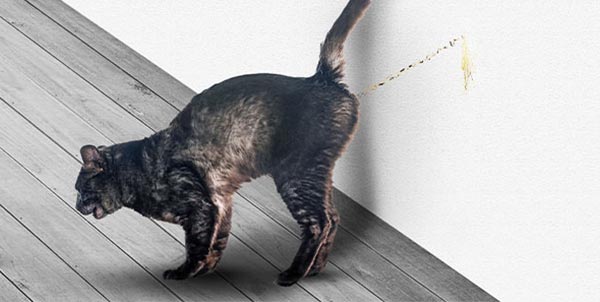Cat castration
Male cat castration: an intervention from which there are only health benefits for the kitten.
Even today there is a widespread prejudice that neutering a male cat is cruel, an act against nature or even, an impairment.
In reality, castration simply deprives the male cat of hormones that regulate sexual behavior so that the urge to mate ceases.
By overriding the instinct to gratify this merely reproductive urge, you spare the cat the sense of frustration and stress resulting from failure to mate.

Castration inhibits testosterone production with all the benefits that come with it:
In this regard, the tendency to flee in order to search for a partner and to engage in fights with other competing males is a behavior that exposes the kitten to the dangers of the road and the risk of contracting, through blood and saliva resulting from fights with other males, serious diseases such as Fiv (feline immunodeficiency) and FeLV (feline leukemia).
Generally, castration (orchiectomy) of the male cat is performed after both testicles descend into the scrotum,
so around six months of age.
The surgery is minimally invasive, the postoperative course is short, and the only caution is to prevent the cat from licking the wound.
Feline neutering is an act of responsibility and protection that all owners of male cats should perform and that:
If you think neutering your male cat is avoidable and unnecessary, know that you are not protecting your kitty's health: neutered cats live longer, healthier and more serene lives.



